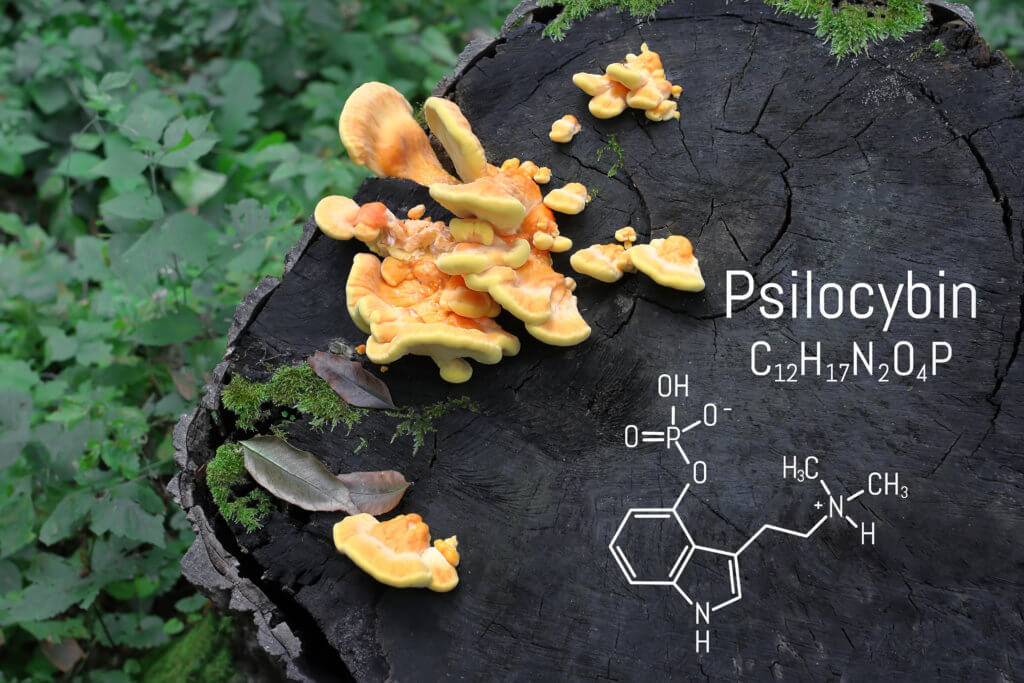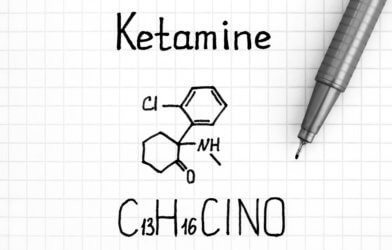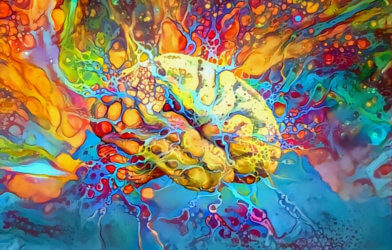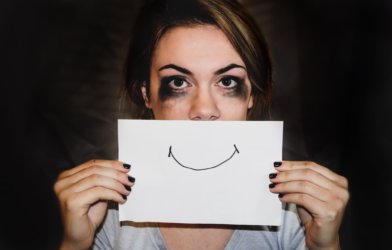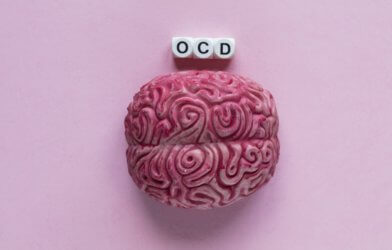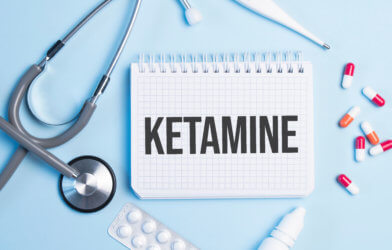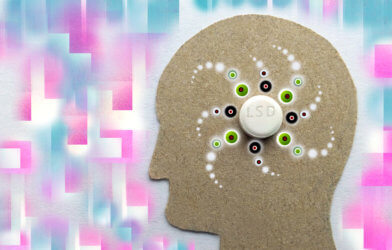Psychedelics are emerging as a potential tool against mental health disorders like depression, and recent research suggests its good for your mental health in general. Researchers from The University of British Columbia are now showing that microdoses of psilocybin can improve one’s mood and psychomotor abilities more than people who did not take psychedelics.
“This is the largest longitudinal study of this kind to date of microdosing psilocybin and one of the few studies to engage a control group,” says study co-author Zach Walsh in a statement. “Our findings of improved mood and reduced symptoms of depression, anxiety and stress add to the growing conversation about the therapeutic potential of microdosing.”
The study tracked the mental health of 953 people who took regular small doses of psilocybin. A large psychedelic dose can alter your mood and consciousness, but microdosing involves small amounts that barely interfere with daily cognitive functioning. Doses can range from 0.1 to 0.3 grams of dried mushrooms taken three to five times a week. Another 180 people were in a group that did not microdose.
Volunteers enrolling in the 30-day study filled out several assessments that asked questions about their mental health and mood. It also involved questions measuring their cognition. For example, they used a smartphone finger tap test to examine a person’s psychomotor ability. Poor psychomotor ability is a key marker for neurodegenerative disorders such as Parkinson’s disease.
After one month, the microdosing group showed greater mood, mental health, and psychomotor ability compared to the non-microdosing group.
“Our findings of mood and mental health improvements associated with psilocybin microdosing align with previous studies of psychedelic microdosing, and add to them through the use of a longitudinal study design and large sample that allowed us to examine consistency of effects across age, gender and their mental health,” says Joseph Rootman, a doctoral student at the University of British Columbia and study co-author.
Improvements in the mental health of people microdosing psilocybin included decreases in depression, anxiety, and stress. In the finger tap test, microdosers showed a better performance than non-microdoses, especially in people over 55.
“Despite the promising nature of these findings, there is a need for further research to more firmly establish the nature of the relationship between microdosing, mood and mental health, and the extent to which these effects are directly attributable to psilocybin rather than participant expectancies about the substance,” says Dr. Walsh.
Microdosing psilocybin is considered non-toxic and non-addictive. The findings could help expand psychedelic use as a non-medicated alternative, especially for people with disorders who do not respond to existing treatments.
The study is published in Scientific Reports.
